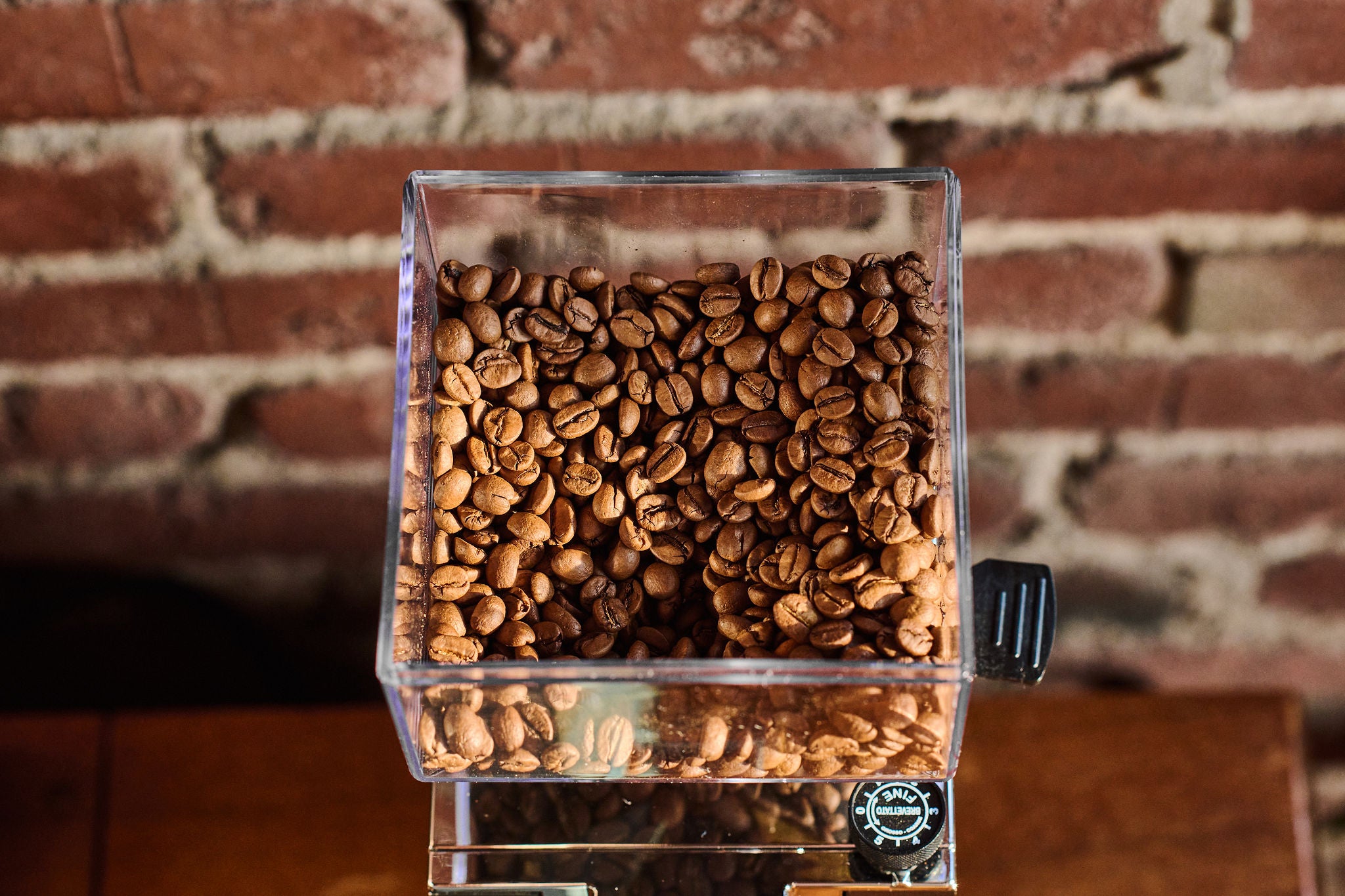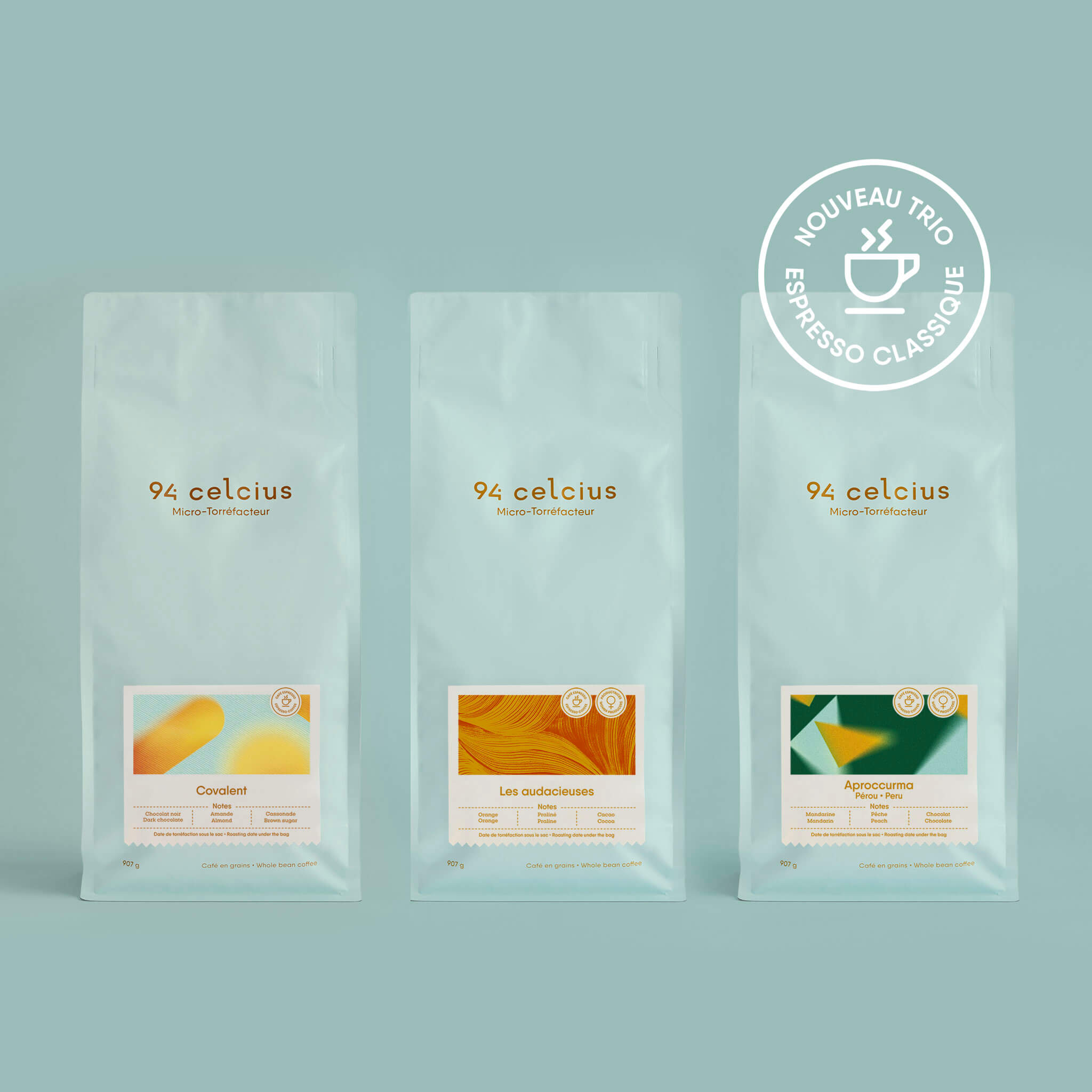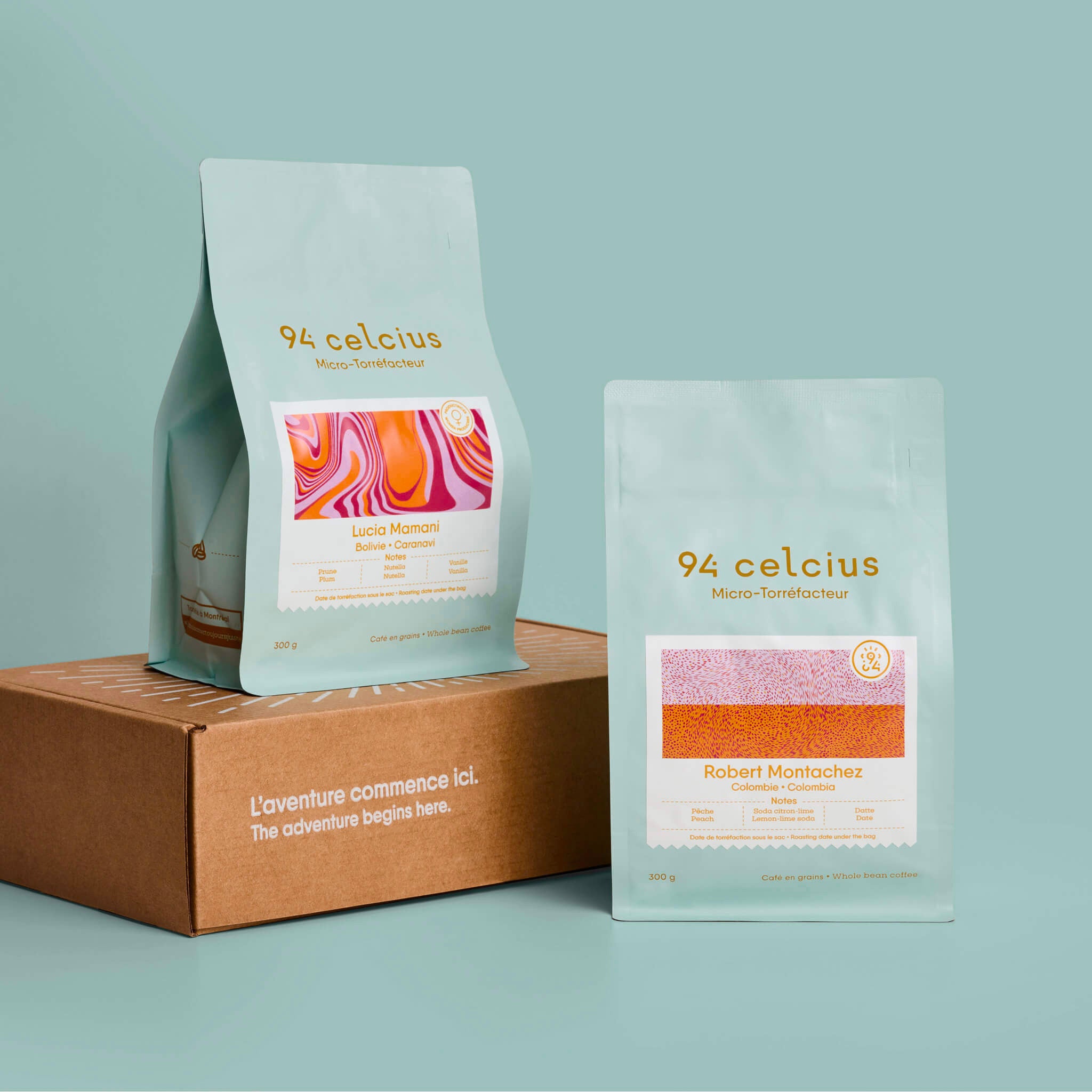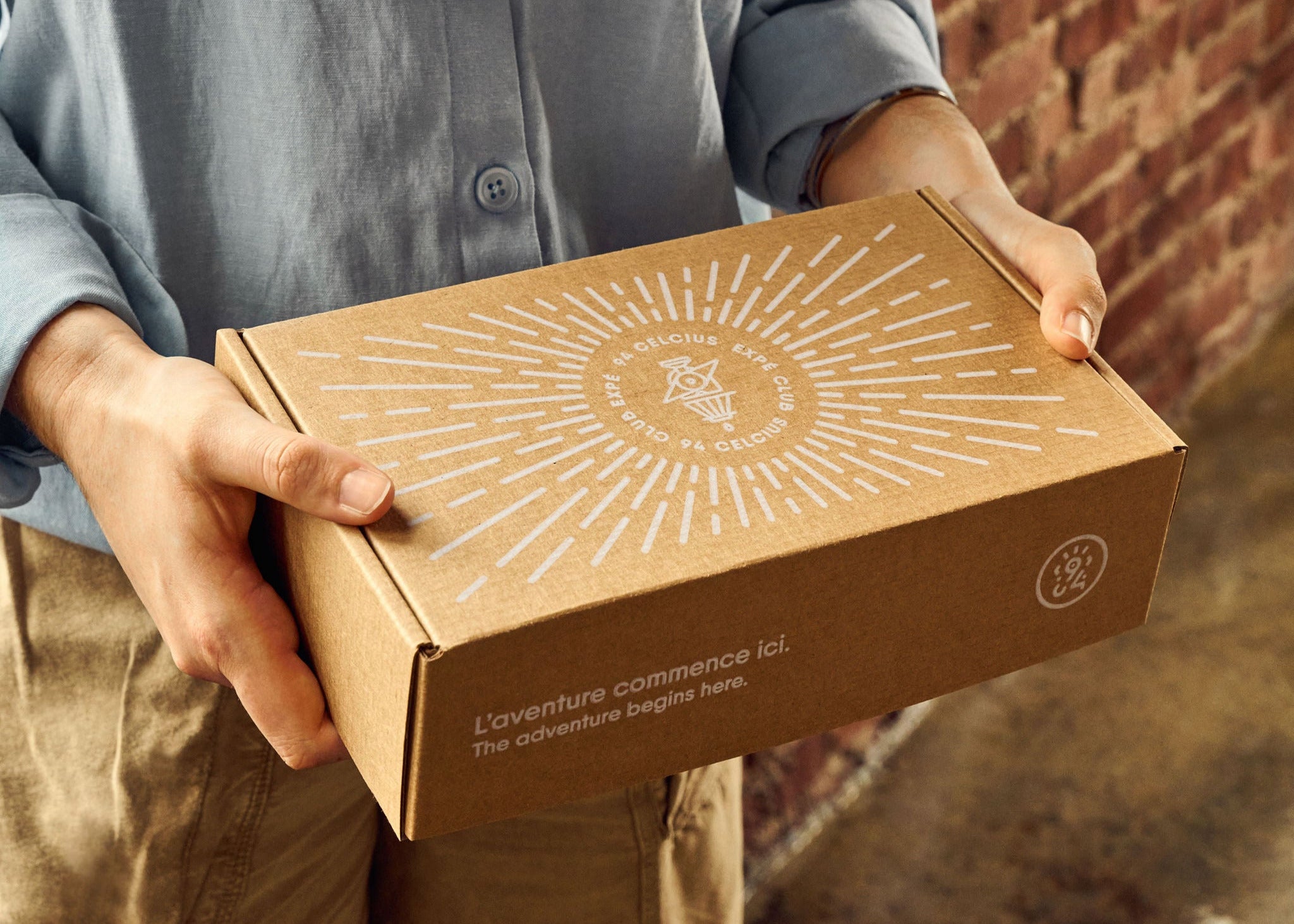5. Traceability and transparency
Specialty coffee is all about transparency and traceability. Consumers can often find out the precise origin of their coffee, the producer's farming practices and even the characteristics of the harvest (altitude, soil type, etc.). Specialty coffee roasters and producers favor direct relationships to ensure ethical and fair practices.
Conventional coffee, on the other hand, is often sold through anonymous production chains. The emphasis is on production volume rather than on the individuality of each batch of coffee. Traceability is often non-existent, and consumers generally don't know where their coffee comes from.
6. Environmental and social impact
Specialty coffee encourages sustainable practices and fair wages for producers. Producers are often better remunerated, allowing them to invest in sustainable farming methods, such as agroforestry or reducing the use of chemicals. By choosing specialty coffee, consumers indirectly contribute to a production model that is more respectful of the environment and local communities.
Industrial coffee, on the other hand, is often associated with intensive agriculture. This production model seeks to maximize yields without necessarily taking into account environmental impacts or producers' working conditions.
7. The Gustatory Experience: A World of Flavours
Specialty coffee offers a palette of flavors that can vary according to terroir, coffee variety and process. Coffee lovers can discover unique nuances in every cup, such as red fruit, citrus, floral and spicy aromas.
In comparison, conventional coffee aims for a standardized flavor, often bitter or neutral. The dark roasting used to mask bean defects prevents the discovery of subtle notes, limiting the taste experience.









